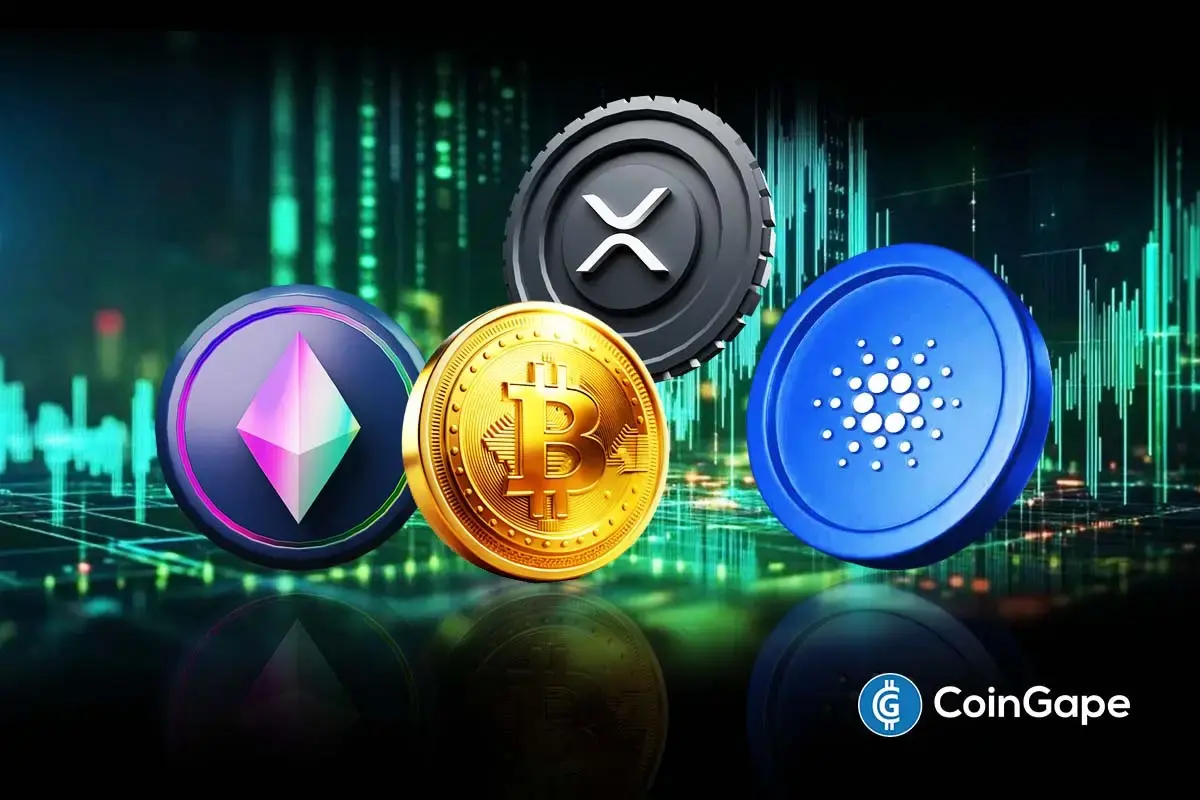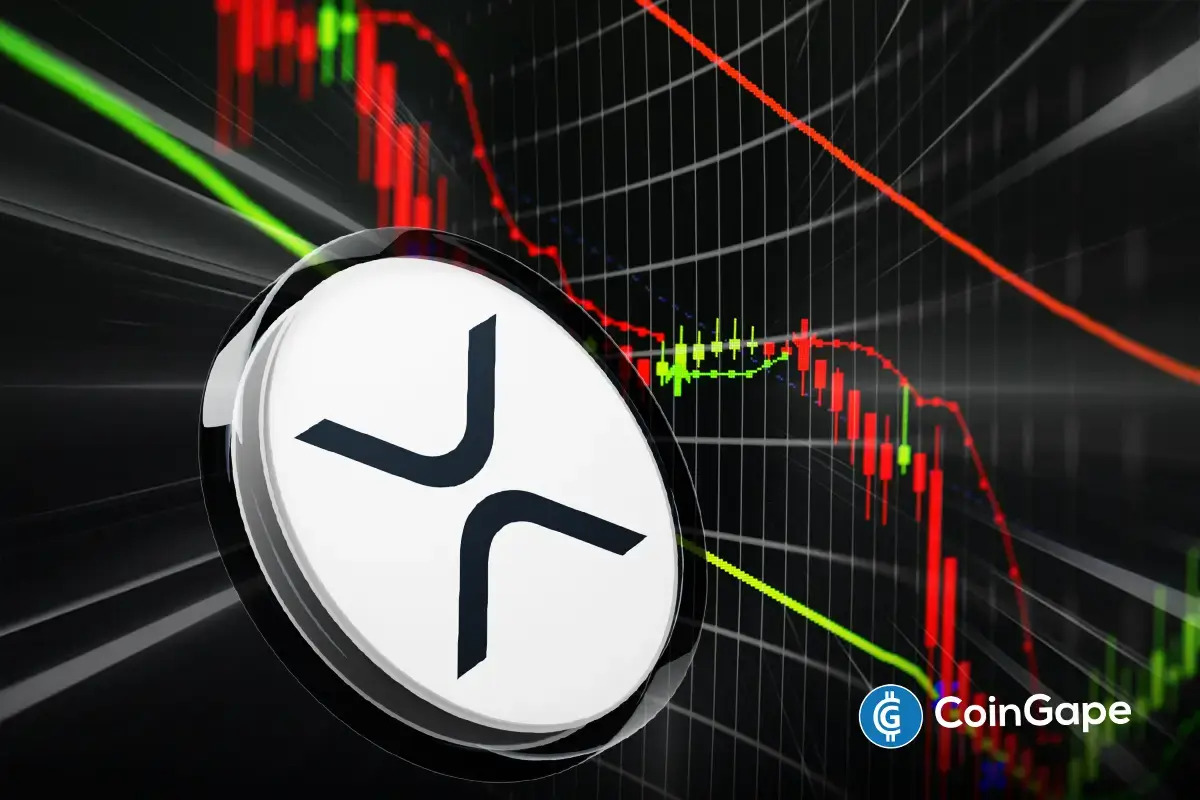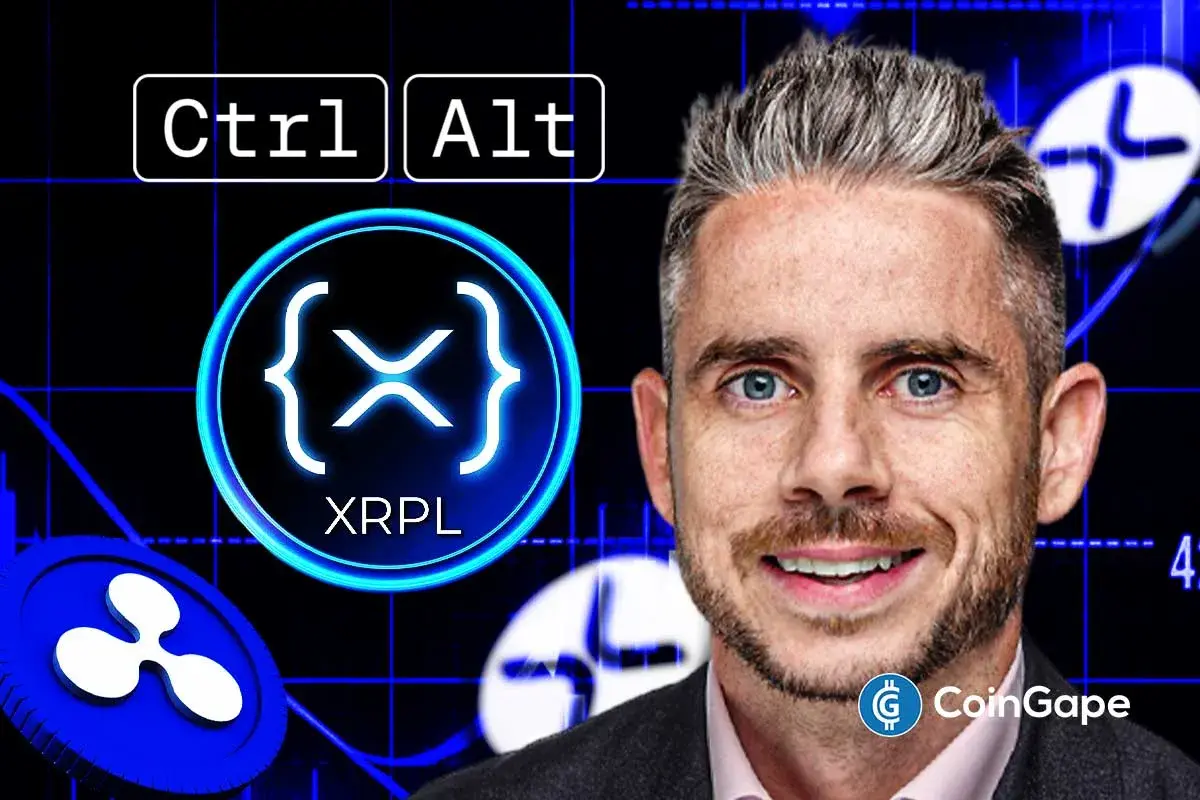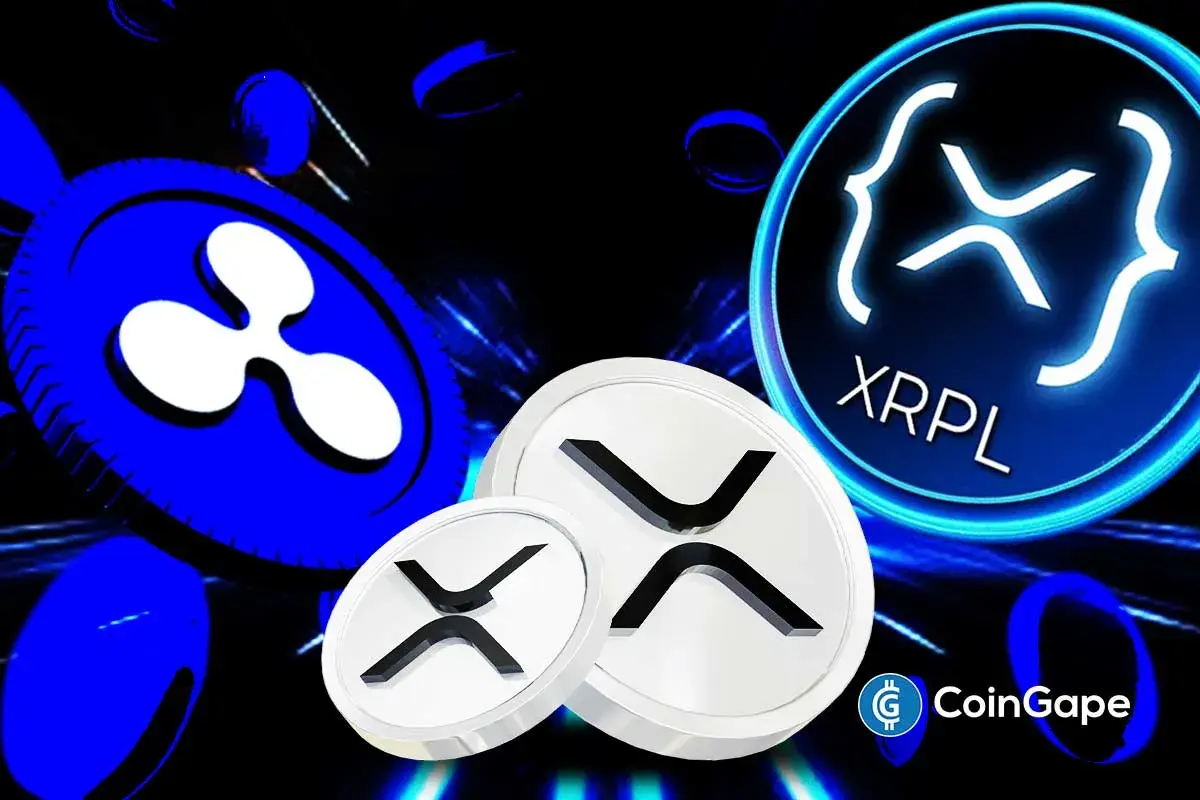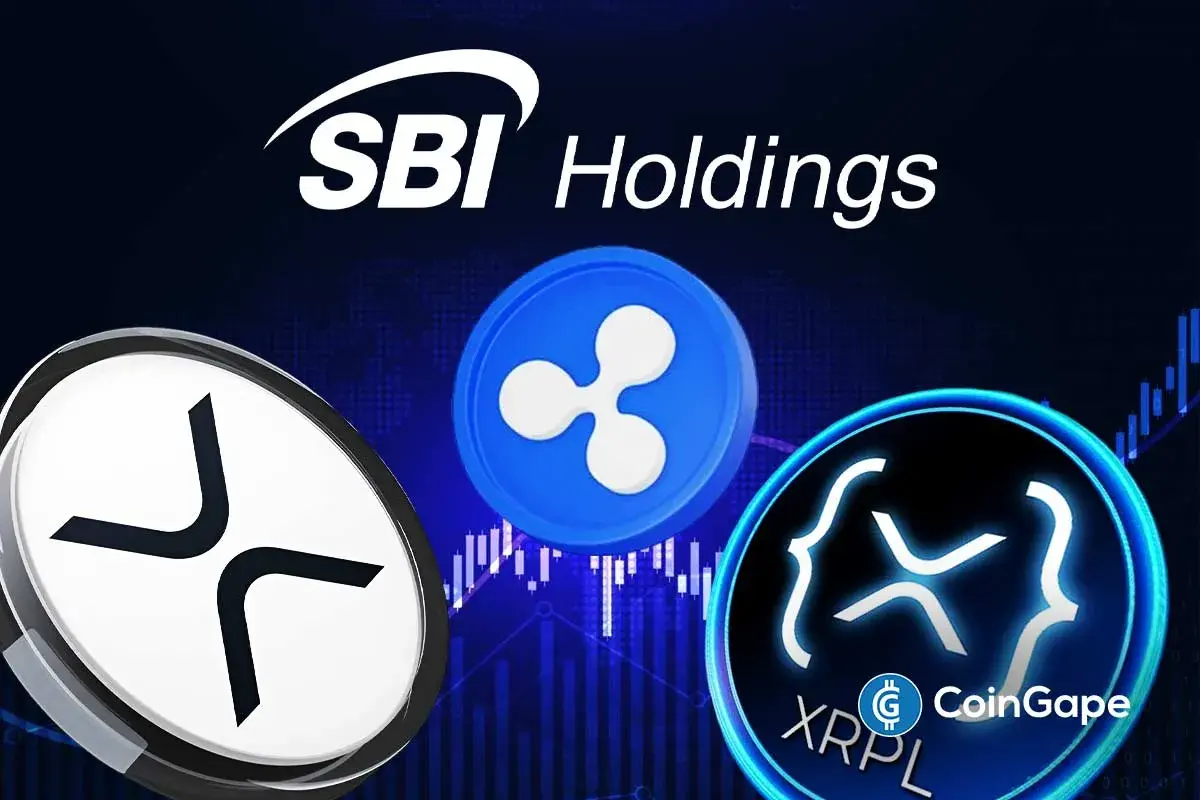Ripple vs. SEC: New Scheduling Order Issued by Judge Netburn

Highlights
- Magistrate Judge Sarah Netburn has set new deadlines in the Ripple vs. SEC legal case, allowing the SEC until April 29, 2024.
- Following the SEC's submission, Ripple will have three business days to respond as part of the ongoing discovery phase.
- Ripple Labs argues against the SEC's demand for substantial civil penalties, proposing a more reasonable penalty of $10 million.
Magistrate Judge Sarah Netburn has issued a scheduling order in the ongoing legal battle between Ripple Labs and the Securities and Exchange Commission (SEC). The order pertains to Ripple’s request to dismiss the SEC’s recent expert submissions, which aim to strengthen the SEC’s case for remedies and a final judgment. Judge Netburn approved an extension for the SEC until April 29, 2024. They must submit their rebuttal to Ripple’s motion. Following this, Ripple will have three business days to respond.
The scheduling update follows Netburn’s recent nomination as District Judge in the Southern District of New York. She continues to preside over the Ripple vs. SEC case, demonstrating a history of fair rulings perceived as favorable by the crypto community.
XRP’s Stance on SEC’s Claims and Penalties
XRP has contested the SEC’s proposed civil penalties in the ongoing litigation. The blockchain payments firm has opposed the SEC’s call for a large civil penalty, suggesting a penalty not exceeding $10 million instead. Ripple argues that the SEC’s claims are overstated and unsupported by sufficient evidence.
Additionally, Ripple has addressed the lack of evidence for future violations or reckless behavior in its institutional XRP sales. They referenced the Govil case in their defense, arguing against the SEC’s demand for disgorgement. XRP claims that the SEC cannot establish financial harm and insists on deducting legitimate business expenses.
Ripple Argument on ODL and Investment Contracts
Bill Morgan, representing Ripple, has consistently argued that Ripple On-Demand Liquidity (ODL) sales are not investment contracts. Over the past three years, he has emphasized that ODL sales function differently from traditional investments. According to Morgan, customers hold XRP for mere seconds to facilitate cross-border payments, not for investment purposes.
Morgan also highlighted that the ODL is not intended to be an investment vehicle. This argument is central to Ripple’s defense against the SEC’s classification of XRP. Ripple maintains that the SEC has not shown a likelihood of future violations or reckless disregard for its XRP sales. They also cite the Govil case to argue against the SEC’s claim for disgorgement, asserting no proof of financial harm exists.
Read Also: Consensys Fights for Ethereum, Sues SEC to Block Regulation
Play 10,000+ Casino Games at BC Game with Ease
- Instant Deposits And Withdrawals
- Crypto Casino And Sports Betting
- Exclusive Bonuses And Rewards

- Crypto Market Update: Top 3 Reasons Why BTC, ETH, XRP and ADA is Up
- Crypto News: Bitcoin Sell-Off Fears Rise as War Threatens Iran’s BTC Mining Operations
- U.S.–Iran War: Monday Crypto Crash Odds Rise As Pundits Predict Oil Price Spike
- US-Iran War: Reports Confirm Bombings In UAE, Bahrain and Kuwait As Crypto Market Makes Recovery
- XRP Price Dips on US-Iran Conflict, But Capitulation Signals March Rebound
- Bitcoin And XRP Price As US Kills Iran Supreme Leader- Is A Crypto Crash Ahead?
- Gold Price Prediction 2026: Analysts Expect Gold to Reach $6,300 This Year
- Circle (CRCL) Stock Price Prediction as Today is the CLARITY Act Deadline
- Analysts Predict Where XRP Price Could Close This Week – March 2026
- Top Analyst Predicts Pi Network Price Bottom, Flags Key Catalysts
- Will Ethereum Price Hold $1,900 Level After Five Weeks of $563M ETF Selling?

 Buy $GGs
Buy $GGs







